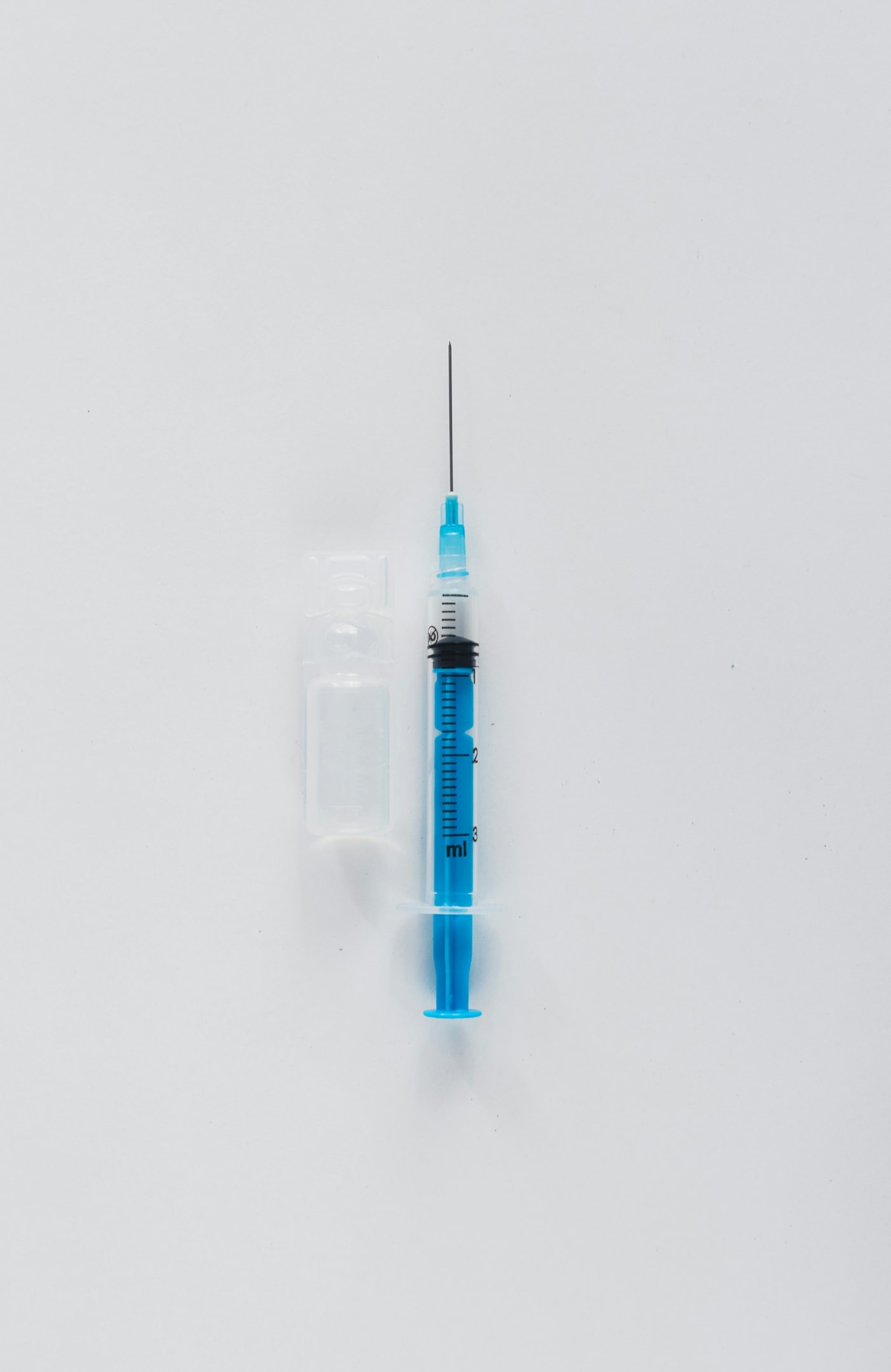Weight loss injections have become an increasingly popular option for individuals struggling with obesity and weight-related health issues. With medications like Wegovy and Ozempic gaining widespread recognition, these injections offer a promising solution for sustainable weight management.
However, like any medical treatment, weight loss injections come with their own set of benefits, risks, and considerations.
This guide explores the science, safety, costs, and eligibility requirements to help you make an informed decision.
What are Weight Loss Injections?
Definition and Explanation of Weight Loss Injections
Weight loss injections are medications administered via injection to aid in weight loss and manage weight-related medical conditions. These injections work by:
- Targeting specific receptors in the body to reduce hunger.
- Increasing feelings of fullness to prevent overeating.
- Regulating blood sugar levels, which can impact appetite and energy levels.
Examples of Popular Weight Loss Injections: Wegovy and Ozempic
Two of the most well-known weight loss injections are:
- Wegovy: Approved specifically for chronic weight management.
- Ozempic: Initially approved for type 2 diabetes but also effective for weight loss.
Both medications belong to a class of drugs called GLP-1 receptor agonists. They mimic the hormone glucagon-like peptide-1 (GLP-1), which helps regulate appetite and blood sugar.

How to Lose Weight with Injections
How Weight Loss Injections Work
Weight loss injections work through several mechanisms:
- Appetite Suppression: They reduce feelings of hunger, making it easier to stick to smaller portion sizes.
- Slowed Gastric Emptying: Food stays in the stomach longer, promoting a feeling of fullness.
- Blood Sugar Stabilization: Prevents sugar spikes that can lead to hunger cravings.
These mechanisms work together to create a caloric deficit, leading to weight loss.
Targeting More Receptors for Enhanced Results
Research is ongoing to develop next-generation weight loss injections that can target multiple receptors in the body. These advancements aim to:
- Enhance weight loss results.
- Reduce side effects.
- Improve long-term sustainability.
Benefits and Risks of Weight Loss Injections
Benefits of Weight Loss Injections
Weight loss injections offer several benefits, including:
- Significant Weight Loss: Many patients lose between 10–20% of their body weight. These injections can lead to dramatic weight loss, significantly impacting overall health and requiring careful monitoring.
- Improved Metabolic Health: Better insulin sensitivity and reduced inflammation.
- Lower Risk of Obesity-Related Diseases: Reduced chances of heart disease, stroke, and fatty liver disease.
- Cost-Effectiveness: While the upfront cost may seem high, long-term savings on healthcare expenses can outweigh it.
Common Side Effects
While effective, weight loss injections can cause mild to moderate side effects, including:
- Nausea
- Diarrhea
- Vomiting
- Constipation
These side effects are usually temporary and improve as the body adjusts to the medication.
Rare but Serious Side Effects
In rare cases, serious side effects may occur:
- Pancreatitis
- Gallbladder Issues
- Retinopathy (Vision Problems)
- Increased Cancer Risk
It’s essential to consult your healthcare provider if you experience any of these symptoms.
Long-Term Effects of Weight Loss Injections
Weight loss injections, such as Wegovy and Ozempic, are designed for chronic weight management, offering a promising solution for those struggling to lose weight. However, there is limited data on the long-term effects of these weight loss medications.
Studies have shown that individuals using these injections over extended periods can achieve significant weight loss, with some reports indicating a reduction of up to 20% of body weight. However, it is essential to note that the weight loss achieved with these medications may not always be sustainable in the long term.
One primary concern with the long-term use of weight loss injections is the potential for muscle loss. Some studies have indicated that prolonged use of these medications may lead to a decrease in muscle mass, which can increase the risk of osteoporosis and other health issues. Additionally, there is the potential for allergic reactions, ranging from mild to severe, which some individuals may experience.
To minimize the risk of long-term side effects, it is crucial to use weight loss injections under the guidance of a healthcare provider. They can help monitor your weight loss progress and adjust your treatment plan as needed to mitigate any adverse effects. Alongside the use of weight loss injections, making sustainable lifestyle changes, such as following a healthy diet and exercise regimen, is essential to maintain weight loss and overall health.
By combining weight loss injections with a commitment to healthy living, you can achieve and maintain your weight management goals while minimizing potential risks.

Eligibility and Usage
Who is Eligible for Weight Loss Injections?
You may be eligible for weight loss injections if you:
- Have a body mass index (BMI) of 30 or higher (Obese).
- Have a body mass index (BMI) of 27 or higher with weight-related health conditions, such as diabetes or hypertension.
Exclusions: Individuals with a history of thyroid cancer, pancreatitis, or severe gastrointestinal issues may not be suitable candidates.
How to Use Weight Loss Injections
- Frequency: Typically administered once a week as a subcutaneous injection.
- Dosage: Starts at a low dose and gradually increases to minimize side effects.
- Administration: Follow your healthcare provider’s instructions carefully.
Proper administration and adherence to the dosage schedule are critical for maximizing benefits and minimizing risks.

Weight Loss Injections and Other Health Conditions
Treatment for Other Conditions Beyond Obesity and Diabetes
Weight loss injections can also help manage conditions such as:
- Fatty Liver Disease
- Polycystic Ovary Syndrome (PCOS)
- Cardiovascular Risk Factors
For patients who may not respond to weight loss medications, bariatric surgery is a viable alternative.
How Weight Loss Injections Help with Related Health Issues
- Improve insulin resistance.
- Lower inflammation markers.
- Reduce the risk of complications related to obesity and metabolic disorders.
Alternatives to Weight Loss Injections
Lifestyle Changes for Weight Loss
While injections can help, diet and exercise remain the foundation of any weight loss program:
- Eat a balanced, calorie-controlled diet.
- Engage in regular physical activity.
- Prioritize hydration and sleep.
Other Medications for Weight Loss
Alternative medications include:
- Metformin: Commonly used for diabetes management.
- Orlistat: Blocks fat absorption in the digestive tract.
Each option has its own risks and benefits, so consult your healthcare provider for guidance.
Cost of Weight Loss Injections
Weight loss injections can be a significant investment, with traditional pharmacy prices often reaching high monthly costs.
- Without Insurance: Many providers charge between $1,000 to $1,500 per month for weight loss injections.
- With Insurance: Coverage varies widely depending on the insurance provider and plan, with some covering partial or full costs, while others require high out-of-pocket expenses.
Insurance Coverage for Weight Loss Medications
While some insurance plans may cover a portion of the cost, approval often depends on specific criteria such as BMI, medical history, and pre-authorization requirements. Patients should check with their provider to determine eligibility and coverage levels.
Affordable Alternatives with Mixx Health and Wellness
At Mixx, we eliminate the hassle of insurance approvals and high pharmacy costs, and offer personalized weight loss plans starting at $120 a month!
Mixx Health and Wellness provides a cost-effective, convenient, and physician-guided approach to medical weight loss. Patients can access treatments without insurance barriers, ensuring a straightforward and affordable path to their health goals.
Evaluating the Safety and Efficacy of Weight Loss Injections
Importance of Clinical Trials and Research Studies
Clinical trials have demonstrated the safety and effectiveness of these injections, but long-term studies are ongoing.
Role of Healthcare Providers
- Monitor your response to treatment.
- Adjust dosage as needed.
- Address any side effects promptly.
Regular follow-ups ensure optimal results and minimize risks.

Frequently Asked Questions
1. What is the best injection for weight loss?
Wegovy and Ozempic are currently the most recommended options.
2. Can you lose 20 pounds in a month with weight loss injections?
Rapid weight loss is not generally advised. Sustainable weight loss is usually 1–2 pounds per week.
3. Are weight loss injections covered by insurance?
Coverage varies. Check with your insurance provider for specific details.
The Truth About Weight Loss by Injection: Benefits and Risks Explained Conclusion
Weight loss injections have revolutionized obesity treatment, providing an effective and science-backed approach to sustainable weight loss and improved overall health. By helping to regulate appetite, control blood sugar levels, and promote fat loss, these medications offer a valuable tool for individuals struggling with weight management.
However, weight loss injections are not a standalone solution. Success depends on lifestyle changes, regular medical supervision, and a long-term commitment to health. Combining these treatments with a balanced diet, physical activity, and healthy habits ensures the best possible results.
At Mixx Health and Wellness, we make medical weight loss more accessible with physician-prescribed plans starting at $120 a month. Our expert-guided approach ensures that patients receive safe, effective, and affordable treatment tailored to their needs.
Before starting any weight loss injection, consult with a healthcare provider to determine if it’s the right choice for you and how to integrate it into a comprehensive health plan for long-term success.

